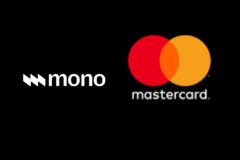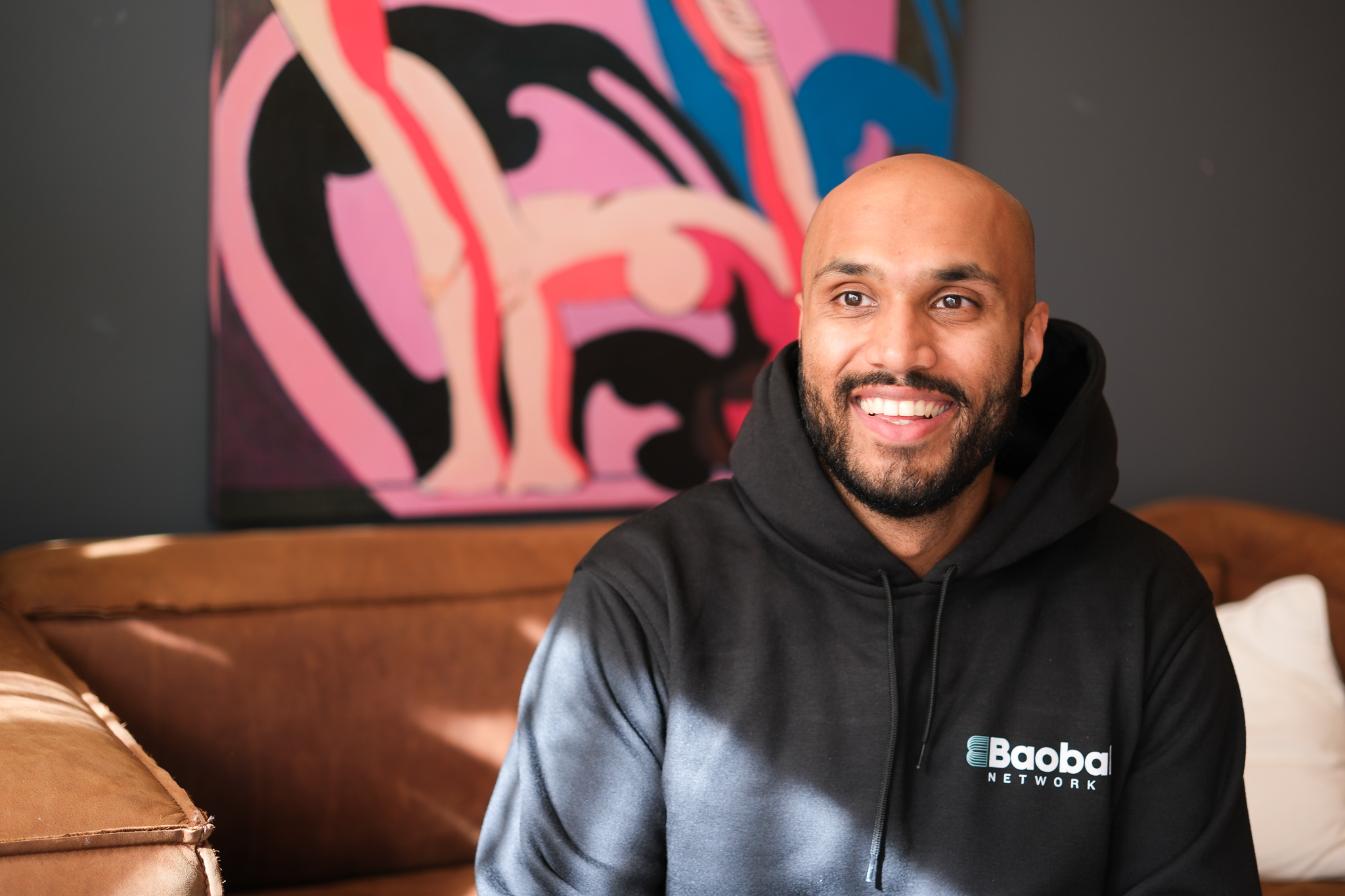The 30-day salary presents a liquidity gap between paydays. To bridge this gap, employees often turn to costly options like high-interest payday loans. Startups like Pade offer on-demand access to their accrued pay as a better alternative.
If your salary is paid monthly, you’re familiar with all the jokes about money vanishing as soon as it hits your account or even the reality of counting the days till the next payday minutes after your salary is paid. During the 30-day wait for the next salary, many workers take out expensive payday loans to cover unexpected or costly expenses. Yet, in a survey of 101, the majority (70.6%) of employees said they would rather receive their salaries at the end of the month than request a portion of the salaries they had worked for on a weekly or daily basis.
That preference contrasts with the growing market for loans and alternate financing products like buy-now-pay-later products across the continent. Pade, a Nigerian HR-tech company, told TechCabal that although people frown at the idea of chipping at their salaries before payday, their financial behaviour shows that it is what they need, as real-time access to their pay is a cheaper alternative to salary advances, loans, buy-now-pay-later, and other credit services they resort to.
The 30-day salary creates a liquidity gap from one paycheck to the next, breeding a crop of startups offering employees real-time access to the money they have earned instead of waiting for the lump sum on payday. These products are called earned wage access (EWA). Respondents to our survey said they would rather stick to the status quo instead of earned wage access because it supports their financial management style, and withdrawing their pay mid-month may encourage reckless spending. The others said they may use EWA as the flexibility will enable them to meet emergencies ahead of payday. “The devaluation of the currency against the dollar is drilling a hole into the pockets of Nigerians who are taking up multiple jobs, requesting salary advances, and taking loans [at high-interest rates] to meet their daily needs,” Ore Badmus, marketing lead at Pade, told TechCabal.

Pade recently added earned wage access to its payroll and staff management features, toeing the line of a competing startup, SeamlessHR. It eponymously named the new feature EWA, the acronym for “earned wage access.” “We are marketing it towards people who earn ₦200,000 and less because of the inflation rates,” Badmus said. The startup says that the service, which will give salary earners access to up to 50% of their income, comes at no new cost to employers. Although Pade currently operates in Africa, EWA is only available to employees and businesses in Nigeria. “We’re also partnering with Money Africa to educate people on how to properly manage the money they now have free access to,” Badmus told TechCabal.
Like several HR tech startups that have added this feature to their platforms, Pade is advertising the service as a way for employers to increase employee retention and productivity. HR professionals whom TechCabal spoke to agreed that the service could cater to the pain points of employees. However, the professionals also emphasized that, from the employers’ perspective, it is considered a desirable but non-critical offering. “We had a zero-interest salary advance policy that only about two people used per year at the startup I formerly worked at,“ an HR manager who declined to be named told TechCabal, but she thinks organizations can benefit from it if an internal poll shows that it is something the employees want.
However, there is a shared concern that employees may abuse the flexibility. ”It is thoughtful, but there is a chance that some employees may abuse it and resign after withdrawing their pay without turning in a notice, an HR manager at fintech startup Herconomy told TechCabal. On the flip side, 31% of respondents to our survey say the option will increase their likelihood of staying with an employer. “[Such an option] indicates some level of (perhaps contrived) agency that the employer is willing to bestow upon me. It builds up trust and admiration to a degree,” one respondent said.
While HR startups like Pade only offer these services to clients whose payroll they handle, some providers offer earned wage access as a standalone product directly to consumers through their employers (as a B2B2C service). Both models are in close competition with one another. Still, time has seen upstarts that start out providing solely earned wage access and add on other services so that they can continue to offer EWA services at the lowest possible charge, increase distribution, and thereby compete favourably. For example, Earnipay recently expanded its earned wage access solution to provide more tools for payroll management, bulk bill payments, purchase order financing, and even loans. In South Africa, EWA platform Smartwage rebranded into an HR platform now named Jem. Egyptian EWA provider Khazna also evolved from an EWA provider to a financial super app.
Providers of the service typically monetise it in two ways: they either charge a one-time, flat fee to withdraw their earned wage, or they charge a withdrawal fee for each withdrawal that the user makes, depending on the size of the withdrawal. Some allow employers to pay for the charges or charge the employee directly upon withdrawal. For example, a Nigerian earned wage access provider, Earnipay, has a flat fee starting at about ₦250, depending on the amount. On the other hand, Pade offers this service at no cost to the employers themselves. “But we charge a withdrawal fee to the employee,” Badmus told TechCabal.
However, regardless of the models, EWA providers need access to significant lending capacity to profitably offer this service. Even when fulfilling the traditional 30-day pay, employers often have shortfalls, as they also struggle with long wait times between when they’re paid by their customers. To give employees on-demand access to their salaries at any time, EWA providers need access to liquidity. Pade, for example, said it sourced the cash it needed for this from its investors. Founded by Lekan Omotoso and Seye Bandele in 2020, the company has only disclosed a $500,000 pre-seed raise. Charles Njoku, product operations lead at Pade, explained that the company’s sales pipeline is designed to derisk the process for Pade. “Making sure that the employers’ payrolls are domiciled with us allows us to disburse funds for employees on demand and make deductions when it is time to run the payroll.” On the other hand, a competitor, SeamlessHR, launched the service in collaboration with the Bill and Melinda Gates Foundation.
Aside from financing, another challenge that this burgeoning sector faces is the low level of financial education on the continent. Financial illiteracy creates a knowledge gap, which may slow the uptake of the product.
In the long term, platforms that successfully provide access to earned wages like this can accumulate unique data that can give insight into the financial behaviours of salary earners. Njoku told TechCabal that Pade plans to use this information to provide ethical workplace intelligence. “This can help employers gauge the financial wellness of their employees and strategise on how to tailor benefits for employees that can increase their satisfaction and retention,” he said.























